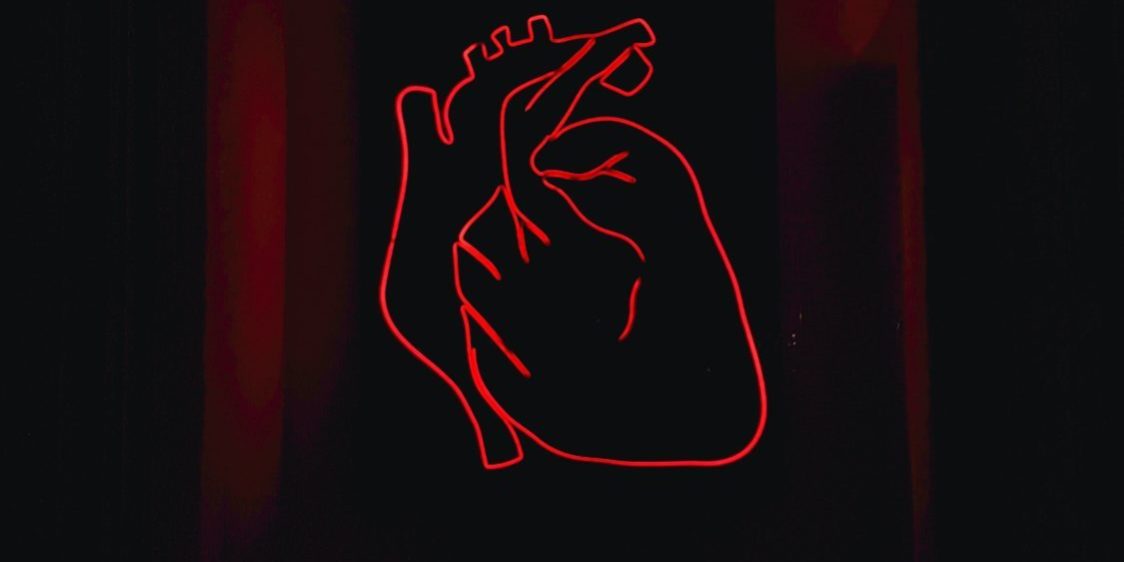As our pets age, they can develop changes to their heart which can lead to heart disease and eventually heart failure. Some animals are more susceptible to this due to their breed.
A normal heart:
- Takes deoxygenated blood from the body via a large vein called the Vena Cava and pushes it into the right atrium of the heart.
- As the right atrium contracts, blood is then passed through the right atrial/ventricular valve into the right ventricle of the heart.
- As the right ventricle contracts, the blood is pushed into the lungs to be oxygenated.
- The oxygenated blood then is pushed back into the left atrium from the lungs.
- As the left atrium contracts, the blood is pushed through the left atrial / ventricle valve (Mitral valve) into the left ventricle.
- Then finally as the left ventricle contracts, the blood is pushed into the body via the large artery, the
Heart disease can be caused by a variety of different reasons. Causes include the heart valves not working properly meaning that the heart is unable to pump blood efficiently. Often the heart muscle are the main cause of this problem, they become weak and flabby or thick and over muscled. Whatever the cause, blood is unable to be circulated properly leading to fluid buildup within the body and many secondary effects that we see as clinical signs of heart disease.
The clinical signs of heart disease include:
- Weakness, lethargy and collapse
- Decreased ability to exercise
- Coughing (rare in cats)
- Shortness of breath
- Worsens at night
- Head extended
- Elbows abducted (held out)
- Abdominal breathing
- Hard to lie down and get comfortable
- Weight loss
- Abdominal distention (swelling)
The age of onset for heart disease can start from 4 years of age but is more commonly seen in older animals.
Diagnostics: Since there are many possible diseases that show the same clinical signs of heart disease, your veterinarian may suggest the following diagnostic tests to better assess the disease affecting your pet:
- A complete blood count and chemistry will help your veterinarian to determine internal organ functions.
- Urinalysis: This will allow your veterinarian to assess internal organ function.
- X-rays: X-rays allow your veterinarian to assess the chest for changes to the heart shape and size, changes in the lung fields suggestive of disease (pneumonia, congestion secondary to heart disease), changes within the tracheal size, and if there is a presence or absences of fluid in the chest (Pleural effusion).
- Chest / Heart Ultrasound: Your veterinarian may suggest a chest ultrasound to better assess the heart’s ability to contract, changes in muscle walls, and changes in the heart valves. Your veterinarian can also take measurements of wall thickness and contractility of the heart muscle to see if there is notable heart disease.
Treatment:
Treatment is focused on reducing the amount of work the heart must do, correcting irregular heartbeats, reducing the amount of fluid on the lungs, and restricting activity. The therapy may include:
- Diuretics: These are drugs which help to decrease the amount of fluid within the lungs. They accomplish this by stimulating the kidneys to push out more fluid from the body.
- Bronchodilators: Open the airways to maximize the flow of oxygen into the lungs.
- Ace Inhibitors: These drugs help to lower the blood pressure within the body, decreasing the amount of blood entering the heart at one time. It slows the heart rate while making the heart beat more effectively.
- Anti-arrhythmic: These drugs help prevent irregular heart rhythms that can occur as the heart is beating poorly and depriving itself of oxygenated blood.
Diet
- A low salt / low protein diet is recommended to decrease fluid buildup in the lungs, while also decreasing the amount of work on the kidneys. A prescription diet called k/d has reduced salt and reduced protein and can aid in early heart disease.
- Vitamin supplementation: Which can help aid the heart in conduction of energy within its muscle fibers.
Home care:
- Diet.
- Medication.
- Your vet will discuss with you an exercise regime to suit your pet.
Ongoing care is needed to monitor the progression of heart disease. If medications are given, we will need to check up on your pet on a 3-6 monthly basis. Blood and urine samples will also be required on annual basis.
Please contact us immediately if you notice:
- Cough worsens
- Decreased appetite
- Hind limb paralysis / weakness / cool limbs
- Continued depression, lethargy or inability to exercise
- Any overall change in your animal’s health






